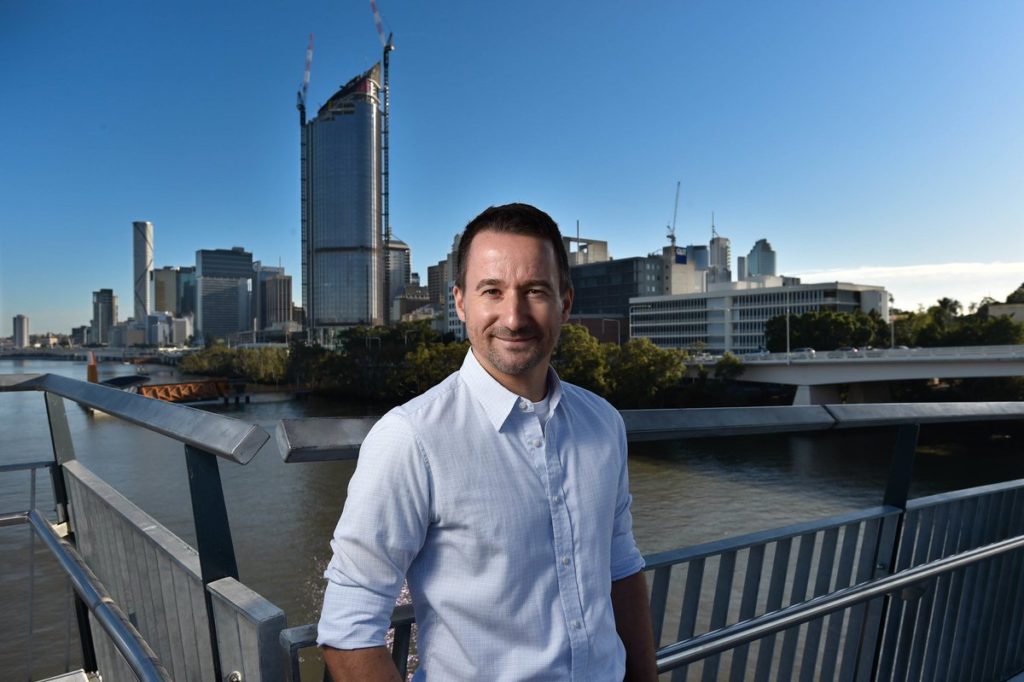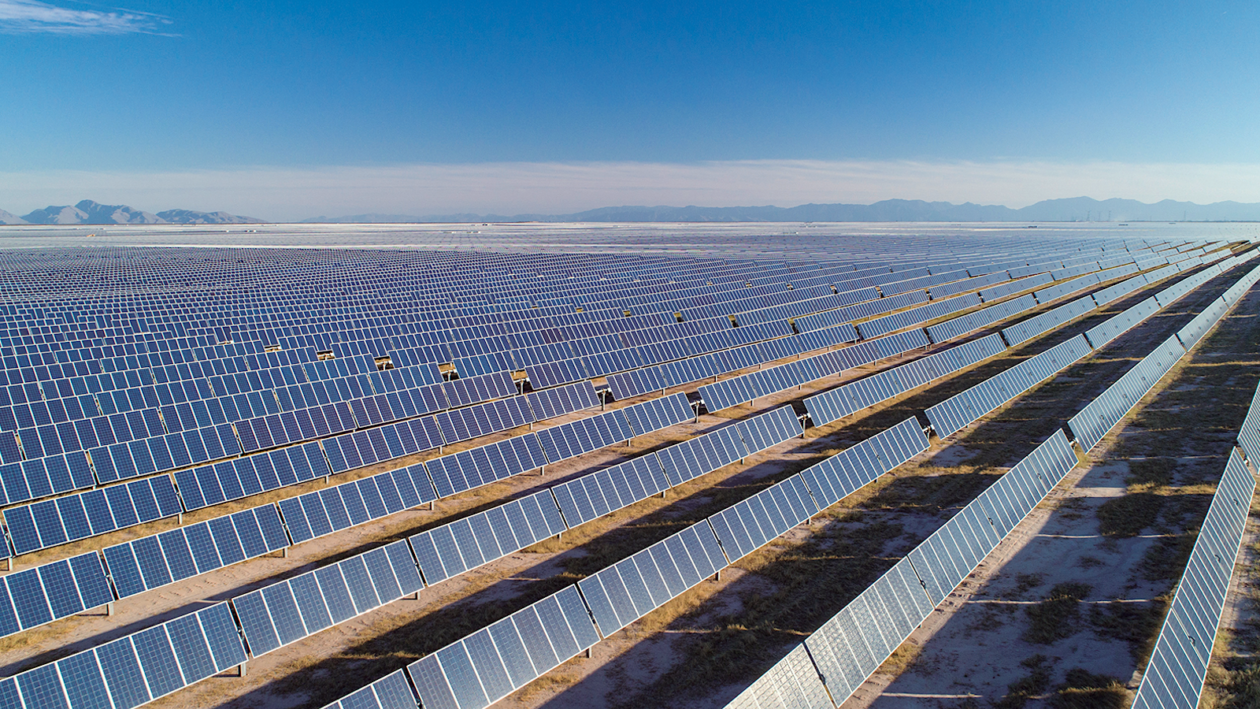Original publication by Sally Eeles for abc.net.au on 8 January 2023

(Supplied: Marcus Foth)
Delivering a “climate-positive” Olympics and Paralympic Games in Brisbane 2032 will require “radical thinking” that puts the needs of the planet above the wants of humans, experts say.
Planning is well underway to ensure Brisbane meets its contractual commitment to deliver the first “climate-positive” Games, but Queensland academic Professor Marcus Foth believes achieving the goal in less than 10 years will require sacrifice.
“It’s going to be a challenge,” he said.
Foth, Professor of Urban Informatics in the QUT School of Design, said Brisbane has a golden opportunity to present a new “planet-centred” society.
Key points:
- The International Olympic Committee has committed to making all Olympic Games climate positive from 2030 onwards
- Brisbane is contractually obliged to deliver the world’s first climate-positive Games
- Expert says delivering it will require “radical thinking” that moves away from old economic systems
“We cannot just assume that human needs … are the primal kind of consideration,” he said.
“We’ve actually got to put ourselves into the mix of an ecological perspective where we are a part of an ecosystem.
“Obviously what we don’t want is to go back into the stone ages … so we have got to find this middle ground where we recognise that there is a limit to growth.”
The International Olympic Committee (IOC) has committed to make its organisation “climate positive” from 2024, and all Olympic Games climate positive from 2030 onwards.
What delivering a ‘climate-positive’ Games mean?

Professor Foth said it will require a departure from thinking around old economic systems.
“There is a lot of rhetoric in the documents, in the way that politicians talk about it, where the old business as usual slips in — which is about growth, it’s about making money,” he said.
“Well those are all very nice things to aspire towards, but they are all qualities of the old economic system,” he said.
“Climate positive is very different — any kind of action that we as humans do needs to be making a positive contribution to the environment.”
Professor Foth provided an example of a residential building where the occupants create more energy and water than they consume.
To achieve climate positivity, Professor Foth said there needs to be an entirely new approach to the economy and society, which prioritises the planet and life itself.

(ABC News: Michael Lloyd)
Andrew Liveris, president of 2032 Olympics and Paralympics, also wants to see lasting change.
“Our region can elevate through demonstration, what life on the planet should look like — through sporting events,” Mr Liveris said.
“I am not doing this job because of a passing fancy and interest in sports.
“I’m doing this because I think we can truly elevate humanity through the Olympics by showing Brisbane 2032 is the best ever … not just the best Games ever, but the best legacy ever.”
What will the new approach involve?

(ABC News: Steve Cavenagh)
Mr Liveris said the Brisbane Olympic Organising Committee (OCOG) will form a sustainability committee early this year, to start turning ideas into plans and actions.
“We have to think about blueprint — not footprint and handprint … we have to have a planet-friendly orientation to all of our activities, and the Olympics are taking the lead there with the IOC, fundamentally, setting out a sustainability framework that says net positive for Brisbane,” he said.
“There are a swathe of technologies and programs and tools that will have to be deployed to make that happen.”

(ABC News: Steve Cavenagh)
Among considerations for the sustainability committee will be the effects of transportation, the process of carbon capture and storage and the implementation of closed-loop water systems.
“Innovation ecosystem is also something I’m definitely talking to the Queensland government about,” Mr Liveris said.
“How we can actually attract investment in the innovation ecosystem, whether it be in recycling drones for transport, lightweight nanomaterials to make light aircraft … whether we can do recycling for making furniture from old clothing.”
He also stressed that many of the Games venues already exist and those that are being built or upgraded will be used by the community post 2032.
“Fixed assets speaks to building certification and our commitments in the bid document to make sure that we absolutely totally have the certifications on sustainability for our venues,” he said.
Sacrifice necessary for ‘planet-centric’ approach
Of the 32 venues across Brisbane, the Gold Coast and Sunshine Coast, 84 per cent are existing or would be refurbished or temporary.
There are less than two years until the Paris 2024 Olympics and Paralympics.
Organisers there have committed to “more than halving the emissions arising in relation to the Games” and “offsetting even more CO2 emissions than are generated”.
They said this will make the Paris Games “the first major sporting event to positively impact the climate”.
Professor Foth said current sustainability approaches focus on reducing harm or minimising environmental impact in the ways we currently do business — for instance, providing recyclable packaging on products.
But he said “harm-minimising” strategies are human-centric and do nothing to stop rampant consumerism.
“It is uncomfortable. It is the kind of sacrifice and compromise that we’ve got to face, but I think the prospect of what we have to lose, eventually will be much greater.”
Mr Liveris said the Olympics had a role to play in adopting a more “planet-centric” approach, but they cannot force change in countries around the world.
“This is the issue of our times,” Mr Liveris said.
“Those are very big topics. I mean, how do you get the world to adjust to its habits — culturally?
“We at the Olympics, we’ll have our role, but honestly, we can’t solve it all. We will solve our piece and … hopefully, we’ll set a standard that others can follow.”




